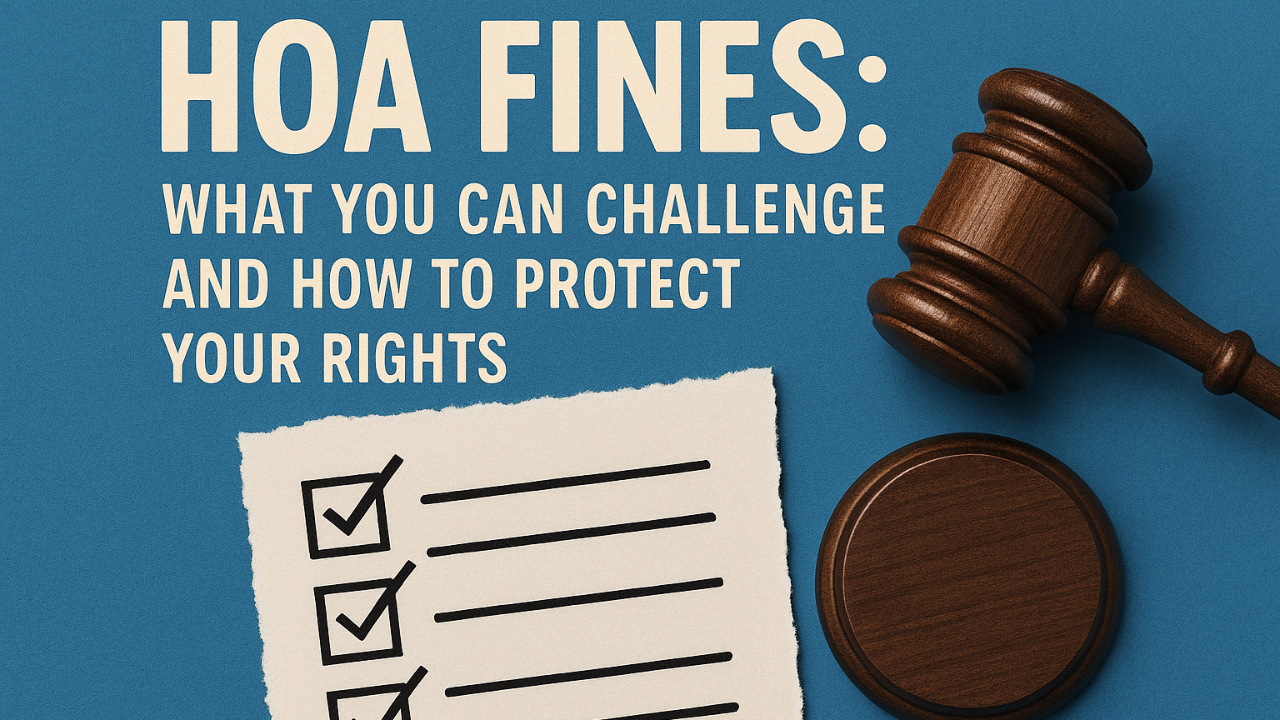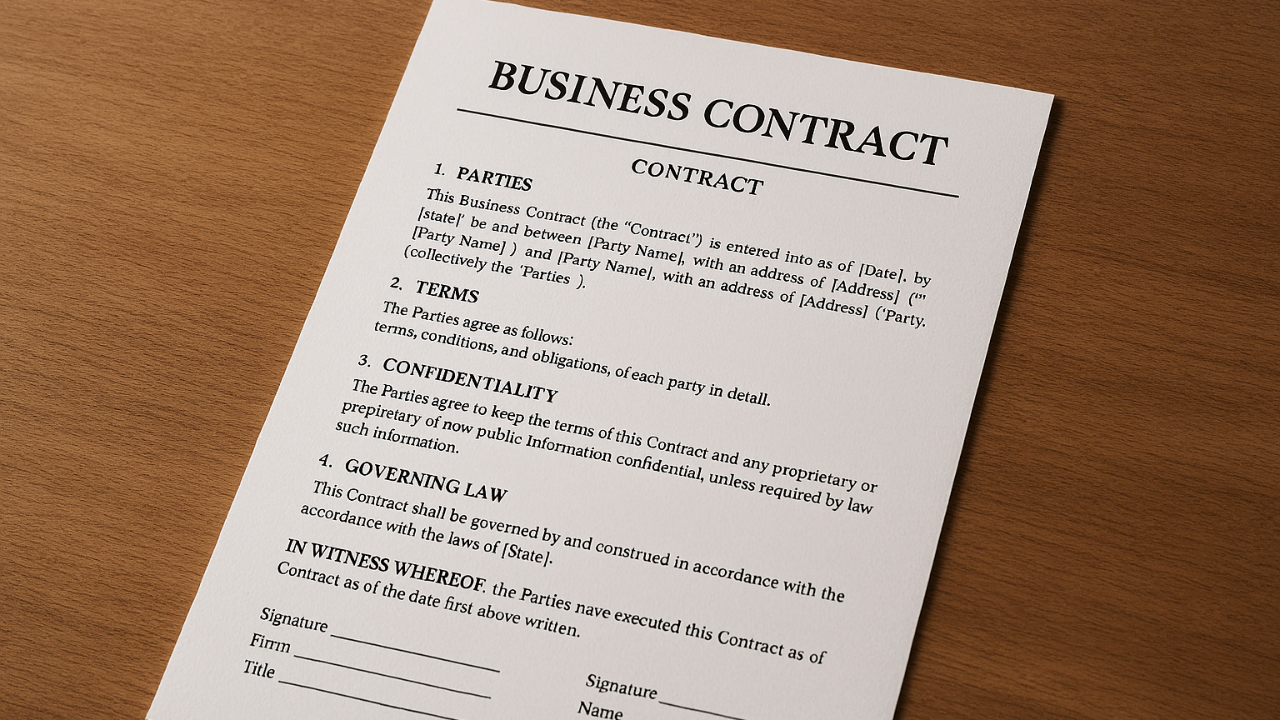How to Ensure Your Rental Meets Safety and Building Code Standards

Renting out a property isn’t just about keeping it occupied and profitable—it’s about keeping it safe. Tenants trust that the home they’re living in meets building codes, fire regulations, and basic safety standards. If something goes wrong, you’re the one on the hook legally and financially. The good news? Staying compliant is easier than it sounds when you know what to look for and stay consistent with maintenance.
Here’s how to make sure your rental property checks all the right boxes.
1. Start With a Full Property Inspection
Before welcoming tenants, get a detailed inspection. You can do this yourself if you’re knowledgeable, but hiring a licensed inspector gives you a clearer picture and helps you catch issues you might overlook. They’ll review structural integrity, electrical systems, plumbing, roofing, ventilation, and more. Think of it as your baseline: once you know what needs attention, you can start making fixes.
2. Know the Local Building Codes
Every city has its own s...
Estate Planning Essentials to Secure Your Children’s Future

Thinking about the future isn’t always comfortable, especially when it involves preparing for the “what ifs.” But if you have children—especially young ones—estate planning is one of the most meaningful gifts you can give them. It’s not just about money or property. It’s about making sure they’re protected, supported, and set up for stability no matter what life brings.
Here are the key pieces every parent should have in place.
1. Choose the Right Guardians
If your children are minors, naming a guardian is one of the most important decisions you’ll make. This person will be responsible for raising your kids if you’re no longer able to. Think about who shares your values, parenting style, and long-term stability. It’s also a good idea to name an alternate guardian in case your first choice can’t serve. And remember: talk to the person you’re choosing. Nobody wants a surprise responsibility of this magnitude.
Read more: What Is Guardianship Planning? - A Comprehensive Guide to Protec...
HOA Fines: What You Can Challenge and How to Protect Your Rights

Living in a community with a homeowners association (HOA) can offer perks—cleaner common areas, well-kept neighborhoods, and shared amenities. But it also comes with rules, and sometimes, fines. While many violations are legitimate, not all HOA penalties are set in stone. As a homeowner, you have the right to question unfair charges and make sure the association follows the law and its own governing documents. Here’s what you can challenge and how to protect yourself in the process.
1. Fines That Aren’t Backed by Written Rules
Your HOA can only fine you for violations that are clearly stated in the community’s governing documents—usually the Covenants, Conditions, and Restrictions (CC&Rs), bylaws, or official policies. If the rule isn’t written down or the fine isn’t authorized, you can dispute it. Ask for a copy of the rule and the section where your supposed violation is defined. If they can’t point to it, the fine may not hold.
2. Fines Issued Without Proper Notice
Most states r...
Why Are Contracts Important for Business Success?

Contracts might not be the flashiest part of running a business, but they’re one of the most powerful tools you have. Think of them as the backbone of every smooth partnership, project, and transaction. When expectations are clear and responsibilities are spelled out, everyone can do better work with fewer surprises. Here’s a closer look at why contracts matter so much—and why skipping them can cost you more than you think.
1. They Set Clear Expectations
A good contract lays out exactly what each party is supposed to do. It covers deliverables, timelines, payment terms, and standards of quality. When everyone sees the same agreement in writing, it reduces misunderstandings and helps projects stay on track. Instead of relying on memory or verbal promises, you have a solid reference point that keeps things moving smoothly.
2. They Protect Your Business
Contracts act like a safety net. If a client doesn’t pay, a supplier backs out, or a partner doesn’t deliver, the agreement gives you...
How Overlooking Digital Assets Can Complicate Your Estate

Estate planning used to be mostly about physical property—your home, your car, your bank accounts, and the family heirlooms you want to pass down. But today, a large part of your life lives online. From social media accounts to cloud storage, cryptocurrency to online banking, your digital footprint is bigger than you may realize. When those assets are left out of an estate plan, it can create unnecessary stress, delays, and confusion for the people handling your affairs.
Digital assets aren’t always obvious to your family
Most people assume their loved ones will simply “figure it out,” but digital assets often have no physical trail. There’s no paper statement, no safe deposit box, and no stack of documents in a filing cabinet. Without clear instructions, your executor may not even know certain accounts exist. This becomes a major problem if those accounts hold value—like crypto wallets, investment apps, or digital payment platforms.
Even non-financial assets matter. Email accounts,...
Why DIY Wills Often Fail: Lessons from Estate Planning Experts

Planning for what happens after you're gone isn’t exactly anyone’s idea of a fun weekend project, which is why DIY wills can look tempting. They seem quick, cheap, and straightforward—until they’re not. Estate planning attorneys see the fallout from these homemade documents all the time, and the pattern is surprisingly consistent: small mistakes turn into big problems. If you’re thinking about writing your own will, here’s what experts say you should know before you grab a template and fill in the blanks.
The language has to be exact—guesswork isn’t an option
A will is a legal document, and the law doesn’t leave much room for “close enough.” Online templates assume every family looks the same and every situation is simple. In reality, the wording has to be very specific. A single unclear sentence can lead to a court battle or assets going to the wrong person. Estate attorneys spend years learning how to draft language that holds up under scrutiny because judges interpret wills litera...
Why You Need a Lawyer to Review Your Commercial Property Purchase Agreement

Buying commercial real estate is a major investment—often involving complex contracts, large sums of money, and long-term financial commitments. While it might be tempting to rely solely on your broker or standard contract templates, overlooking a legal review can cost you far more down the line. Having a lawyer review your commercial property purchase agreement isn’t just a formality—it’s essential protection for your business, your finances, and your future plans.
1. Commercial Contracts Are Complex
Commercial property purchase agreements are not like residential ones. They’re longer, denser, and packed with clauses that can significantly affect your rights and obligations. A lawyer who specializes in commercial real estate understands how to interpret these provisions and spot potential pitfalls.
For instance, certain clauses may allow the seller to back out under specific conditions or limit your recourse if there are undisclosed issues with the property. Without legal expertise...
What to Do When a Commercial Property Buyer Fails to Deliver

Selling commercial property can be a long, detailed process—and when a buyer suddenly backs out or fails to deliver on their promises, it can leave you frustrated, uncertain, and potentially out of pocket. Whether it’s a missed deposit, financing issues, or outright withdrawal, knowing how to respond can protect your investment and get your sale back on track.
1. Review the Contract
The first step is to go back to the signed purchase agreement. Commercial real estate contracts often include specific timelines, contingencies, and remedies if one party defaults. Check for:
- Deposit terms: Is there an earnest money deposit, and what conditions allow you to keep it?
- Financing contingencies: Did the buyer’s failure stem from not securing financing within the agreed period?
- Default clauses: These outline what happens if the buyer breaches the agreement—whether that means forfeiting deposits, paying damages, or allowing you to terminate the deal.
If the contract is clear that the buy...
Landlord Legal Checklist for the End of the Year

As the year wraps up, landlords often focus on taxes, maintenance, and tenant renewals—but it’s also the perfect time to make sure your rental business is legally buttoned up. A few simple checks now can help you avoid fines, disputes, or legal surprises later. Whether you manage one unit or several, this year-end legal checklist will help you close the year on solid ground.
1. Review Your Lease Agreements

Start by pulling out your active leases and reviewing the details. Make sure each lease is current, signed by all parties, and includes any updates that reflect your property’s latest policies or local regulations. Check renewal dates and notice periods, and confirm that rent increases (if any) comply with your area’s rent control or notice laws. If you’ve used different versions of lease templates over time, consider standardizing them for consistency going forward.
Read more: Common Mistakes in Drafting Lease Agreements for Rental Properties
2. Verify Tenant and Property Reco...
Avoid Last-Minute Legal Surprises When Selling Your Home

Selling a home can feel like an emotional and financial marathon. Between cleaning, staging, and negotiating with buyers, it’s easy to forget that the legal side of the process can trip you up at the finish line. Many sellers assume that once they find a buyer, it’s smooth sailing—but unexpected legal issues can delay or even derail the sale. If you want to close with confidence, it’s essential to prepare early and understand what legal pitfalls to avoid.
1. Double-Check the Property Title
One of the most common last-minute problems is a title issue. You might not even know there’s a problem until it surfaces during escrow. Liens, unpaid taxes, boundary disputes, or missing signatures from co-owners can all prevent a clean title transfer. Before listing your home, order a preliminary title report or ask your agent to help you get one. If anything unusual shows up, you’ll have time to resolve it instead of scrambling right before closing.
2. Review Your Disclosures Carefully

Every...